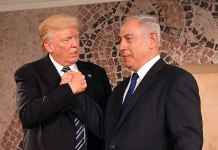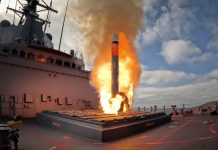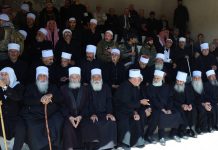Despite sanctions on the Russian defense industry and Ukraine’s attempt to develop and commercialize its arms manufacturing base, defense commercial ties between the two countries continued during their war.
Russia brought spare parts and components for its Ukrainian-origin aircraft from Ukrainian suppliers worth US$4 million during an entire 12-month period of the war.
Important Stories (IStories) investigation accessed customs data and company registration information to track arms component sales from Ukrainian manufacturers to subsidiary and sister firms of Russian weapons trade companies registered in the United Arab Emirates (UAE) and Kyrgyzstan.
The parts were for Antonov aircraft and Motor Sich engines that powered the planes. Russia operates a small fleet of Ukrainian aircraft in its civil aviation fleet that connects its remote regions.
It is unclear if the Ukrainian authorities have taken any official action against the commercial dealings or if the obligation to follow sanctions on Russian companies also applies to Ukraine since it is not part of the North Atlantic Treaty Organization (NATO). However, it does come out that business often takes precedence over geopolitics.
Aircraft Parts To Russian Company
Important Stories identifies two companies, the Russian entity Avia FED Service, that procured parts for repairing the Antonov An-124 cargo aircraft, Kamov Ka-32 helicopter locating stations, and parts for restoring An-24 and An-12 engines. These were made from the Kharkiv FED Machine Building Plant, Kyiv Radar Plant, and Motor Sich, the leading Ukrainian engine maker.
Other Ukrainian companies included the Kyiv Artem plant, the Kharkiv Aggregate Design Bureau, and the Volchansk Aggregate Plant. All the imports totaled Rubles 370 million (US$4 million).
Government procurement data showed that Avia FED Service’s clients include the Russian Ministry of Defense, enterprises of state corporation Rostec, and the presidential Special Flying Squadron Rossiya.
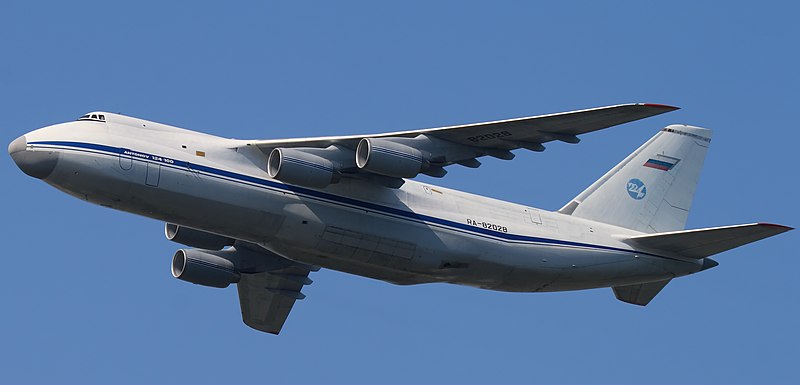
Avia FED Service was initially founded in 1993 as a representative office of the Kharkiv FED and, over the years, evolved into a separate Russian company. However, it maintained “ties” with the Ukrainian company’s “top management.”
For instance, Avia FED Service’s current director, Alexander Reshetnik, was born in Lugansk. “He studied at the Kharkiv Aviation Institute, and his website has a page with photos of FED employees,” the report added.
Bypassing Sanctions
Following the conflict in eastern Ukraine in 2014, the Kharkiv-based FED plant stopped all supplies to Russia, a “serious blow” to the company since business with Russia comprised 70% of its sales.
In 2018, it came under international sanctions. This was a full four years before the war. Therefore, in 2022–2023, instead of a direct route, it supplied the spare parts through Linker, a company registered in the United Arab Emirates (UAE).
Linker has a website in several languages, including Russian. It says it specializes in supplying aircraft parts for Mi-8, Mi-17, and Ka-32 helicopters “anywhere in the world.” Linker has another “related” company, Amis, which claims to be the official representative of Motor Sich in the UAE and holds “all the necessary permits and licenses.”
Customs data Important Stories accessed showed that Linker’s last direct delivery to Avia FED Service was in January 2023. Later deliveries were routed through a Kyrgyzstan-based firm, Bakaytorg1, registered in April 2023.
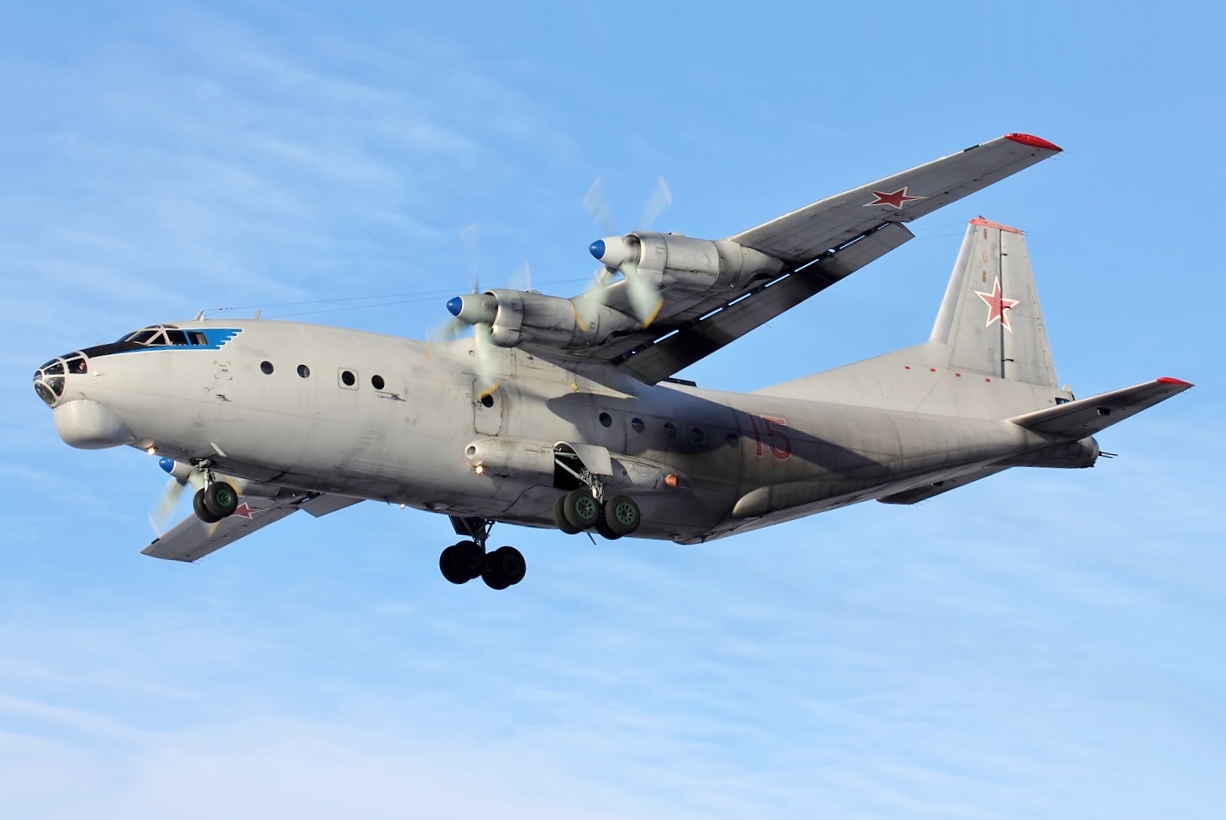
The setting up of the Kyrgyz firm could be to avoid sanctions since dealings with a company based in a major city like Dubai attract quick attention. An Avia official I Stories contacted said the products from Ukrainian plants that reached the company in 2022-23 were contracted in 2020-21 and were “laying abroad.”
Russia Uses Little Ukrainian Aerospace Equipment
The claim could be valid since, as mentioned previously, Avia FED Service had been under sanctions since the 2014 Donbas War. It would have been unable to access its deliveries from older contracts or strike fresh deals. This must have necessitated involving the Dubai and Kyrgyzstan-based firms.
It can also be said that monitoring sanctions violations in non-European and non-Western countries is also more accessible, which makes it possible to conduct a substantial amount of commerce before it comes to light. It is unknown if the payments were made in local currency or denominated in Dollars, but the latter seems unlikely.
It also appears that the Ukrainian-origin aircraft in Russia are not significant operational assets. This can be inferred from open-source information about its war inventory and publicity material over the last four to five years, where only Russian products have been seen. The impact of the Special Military Operation (SMO) would have been otherwise direct and visible.
For instance, the Antonov An-124 Ruslan aircraft, one of the world’s largest transport aircraft owned by Russian cargo airline Volga-Dnepr, is one Ukrainian plane Moscow still uses.
- The author can be reached at satamp@gmail.com
- Follow EurAsian Times on Google News

